Main content
We use cookies and similar tools to give you the best website experience. By using our site, you accept our Websites Privacy Policy.
Our specialized support team provides compassionate care for your premature or sick infant.
When a baby is born prematurely or has a medical condition that requires advanced care, we provide the highest level of support in the neonatal intensive care unit (NICU) located within Tisch Hospital.
The NICU at Tisch Hospital, part of Hassenfeld Children’s Hospital at NYU Langone, is designated by the New York State Department of Health as a Regional Perinatal Center, recognizing our expertise in delivering the highest level of prenatal and newborn care.
In our advanced NICU, we use the most innovative technology available. For infants who have trouble breathing on their own, we offer noninvasive therapies as well as maximum ventilation management with high-frequency mechanical ventilation. In addition, we provide whole-body cooling therapy that may prevent brain damage in infants who have experienced a lack of oxygen to the brain during delivery.
We specialize in cardiac surgery, neurosurgery, craniofacial surgery, and other types of surgery for infants who have conditions that require it. Additionally, our experts are skilled in performing extracorporeal membrane oxygenation (ECMO) therapy to help circulate blood in infants who have severe heart or lung failure.
If you have a high-risk pregnancy, we offer prenatal consultations and advise you on all aspects of neonatal care. Our doctors educate you and your family about preterm birth and other potential outcomes of high-risk pregnancies. We welcome your questions and encourage you to express your concerns.
You and your family are partners with our neonatal doctors, our NICU care team of nurse practitioners and physician assistants, and other specialists. Together, we work to meet the needs of your baby during his or her time in the NICU. All members of the medical team meet frequently throughout the day to discuss your baby’s progress and ensure the best management and care. We encourage parents to attend rounds and participate by asking questions and sharing observations about your child.
If you are unable to attend rounds, you can call our staff to receive updates at any time. We respond to the wishes of each family with respect, and share and explain medical information to support your active involvement in your baby’s care.
You may also meet physical therapists, occupational therapists, and speech–language pathologists. These specially trained clinicians help with aspects of your child’s development, including feeding and movement.
We encourage and support your active participation in caring for your baby in the NICU, especially through “kangaroo care,” meaning skin-to-skin contact between you and your child. We believe this can result in improved medical outcomes such as going home sooner, better long-term neurodevelopmental outcomes, and enhanced psychological wellbeing for parents and babies. Parents and staff also use developmental care techniques to soothe and handle babies.
When your baby is discharged, you are welcome to participate in the outpatient Neonatal Comprehensive Care Program, which helps achieve the best possible outcome through parental education and psychological support for graduates of the NICU.
In recognition of our commitment to providing safe, quality healthcare for mothers and babies, we are certified by The Joint Commission for our advanced perinatal care services.
Our pediatric experts provide the best care possible for children with conditions ranging from minor illnesses to complex, more serious conditions.

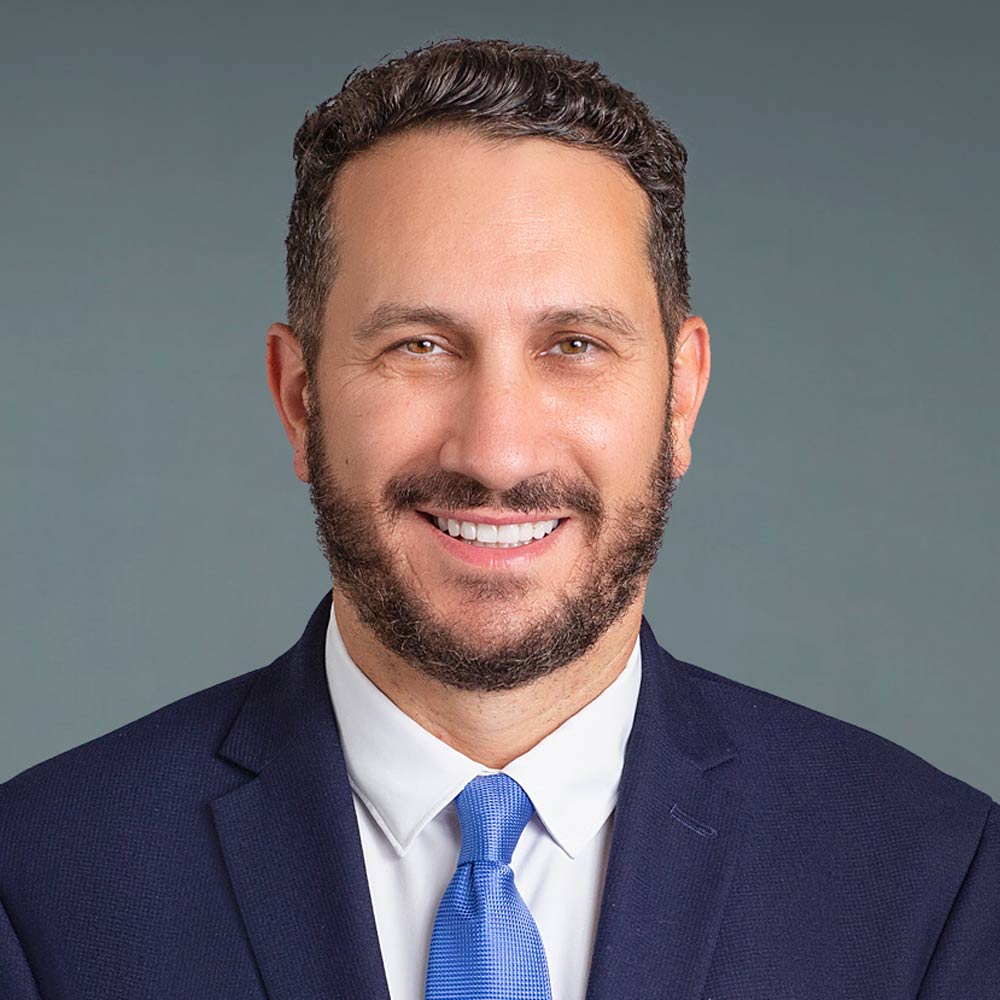
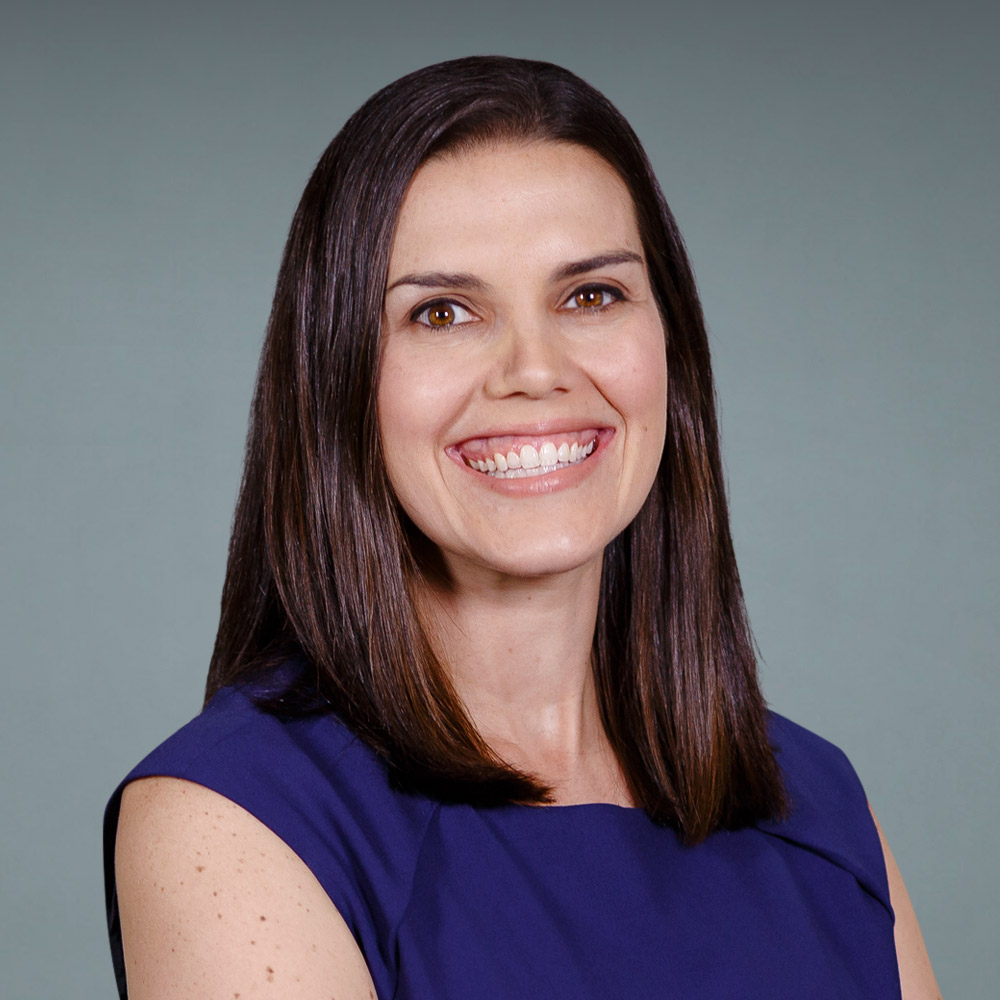

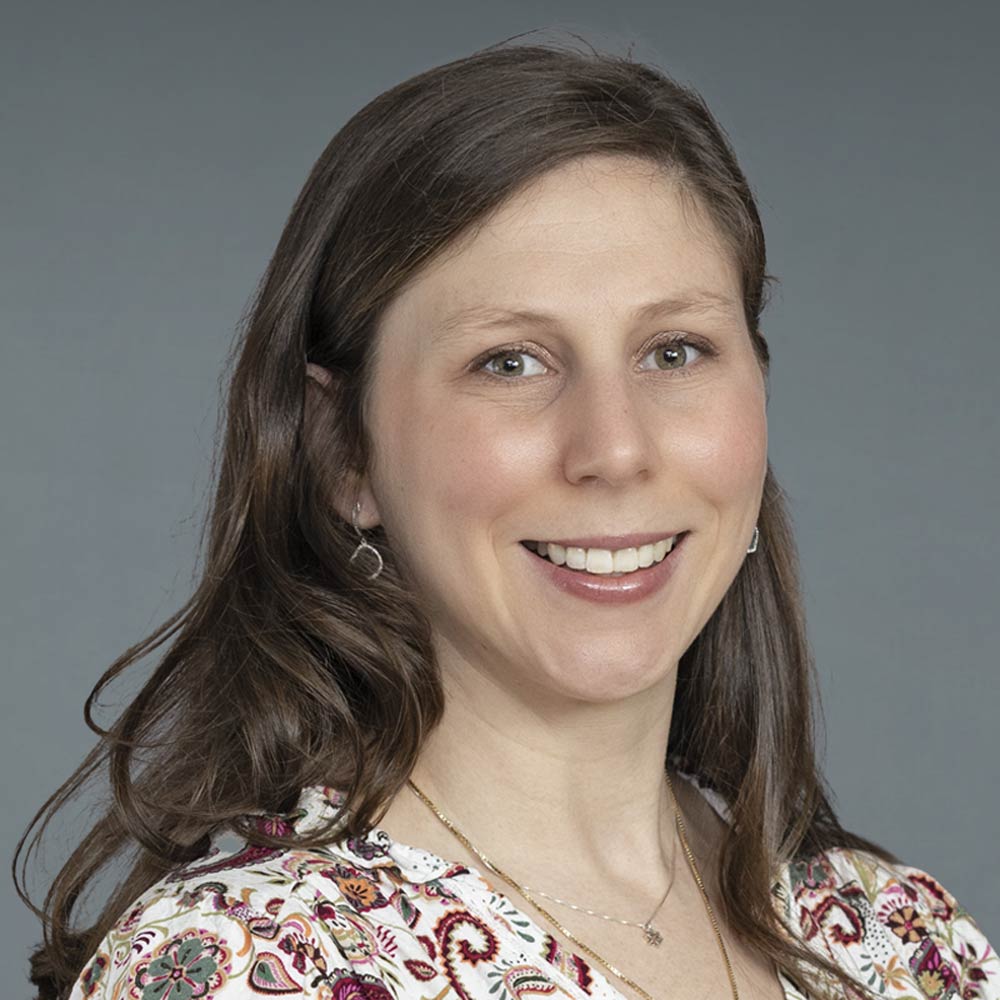


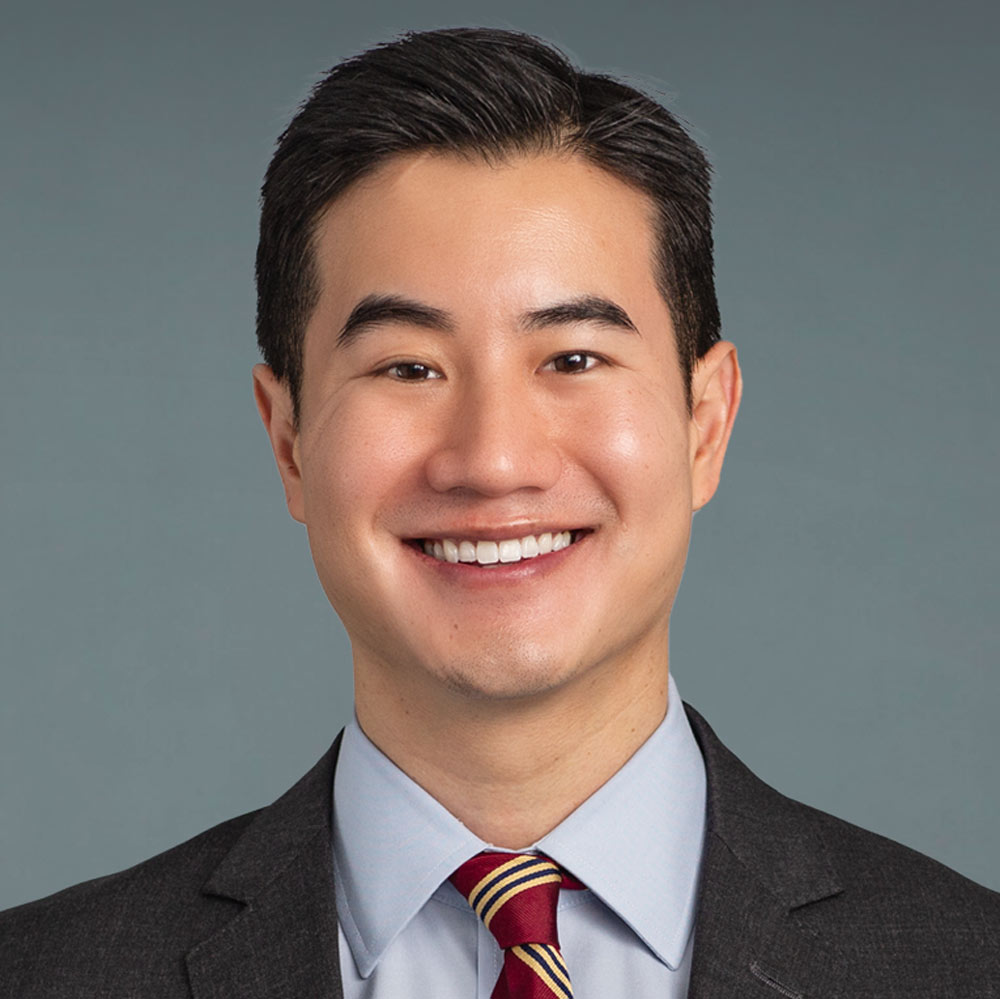


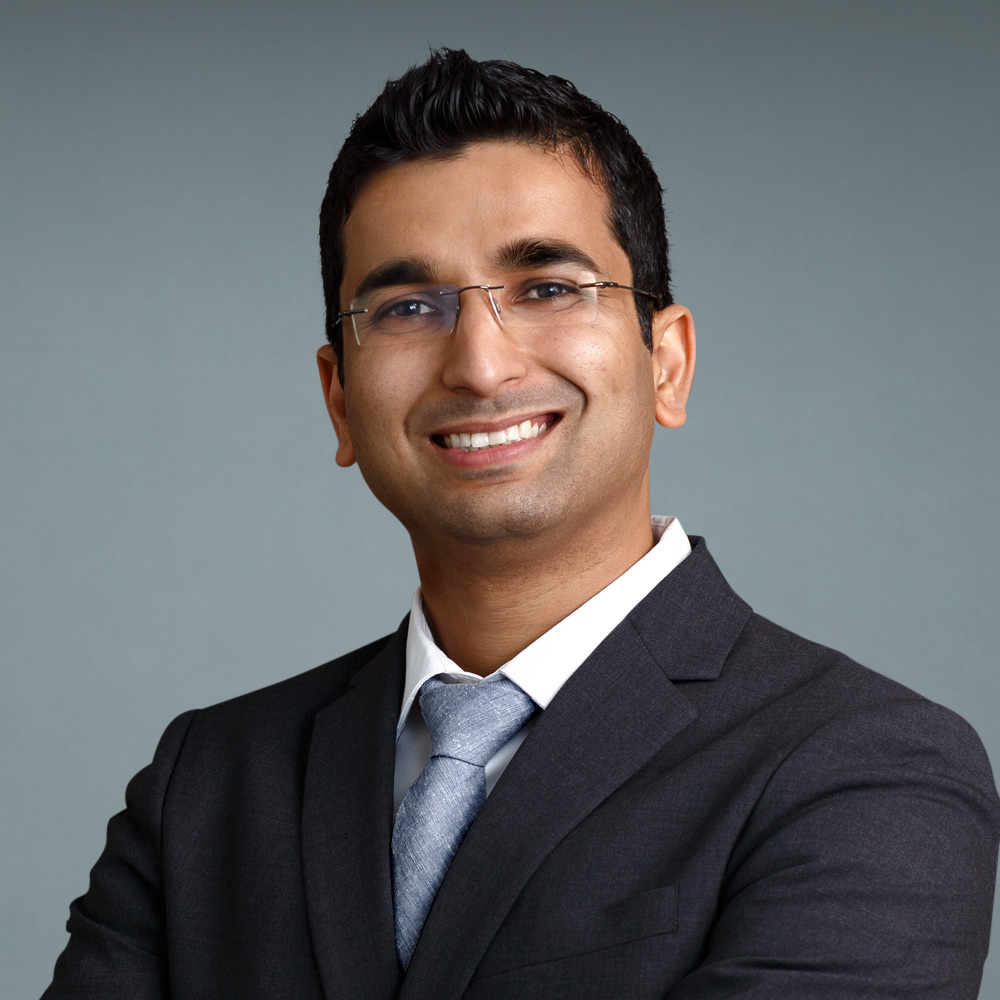
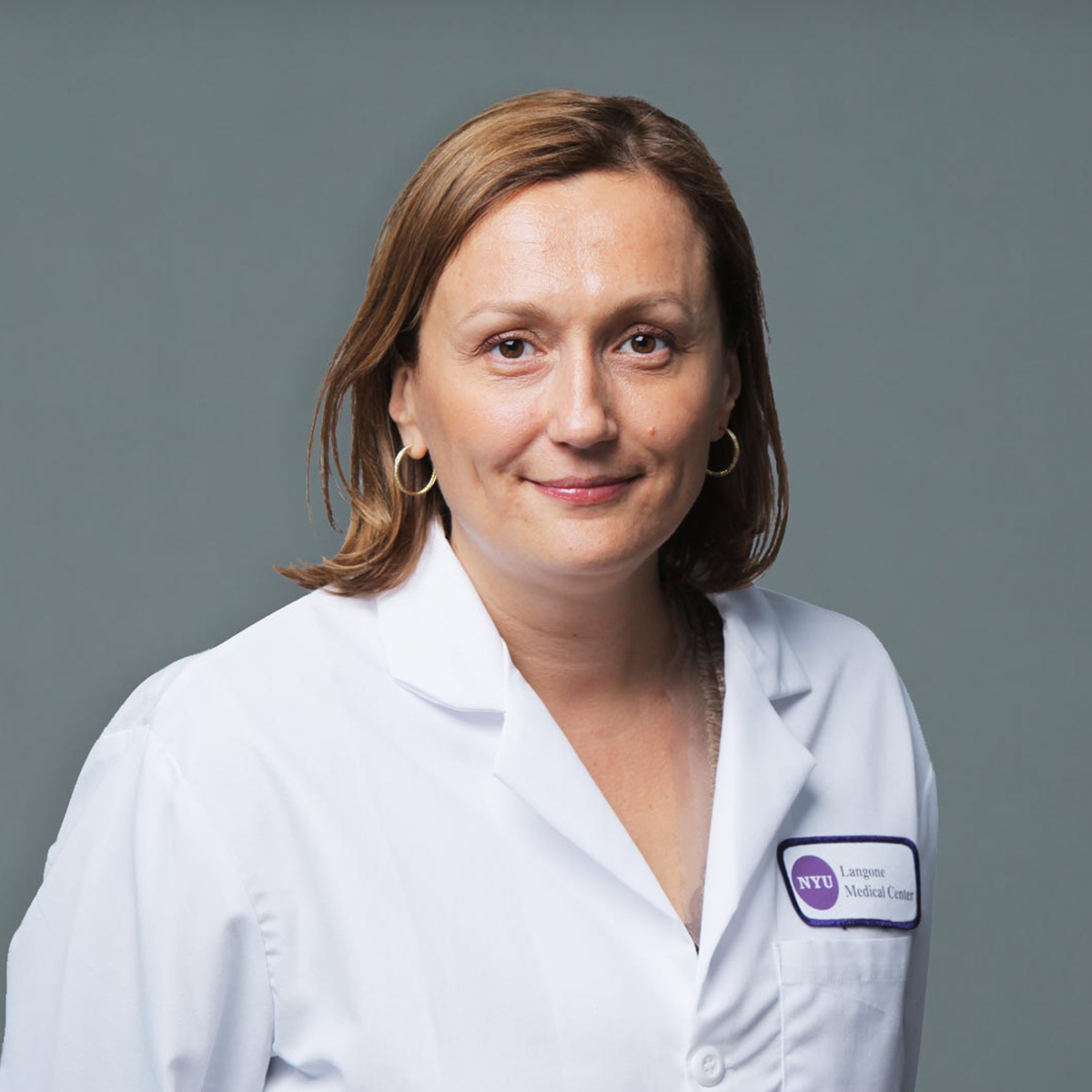
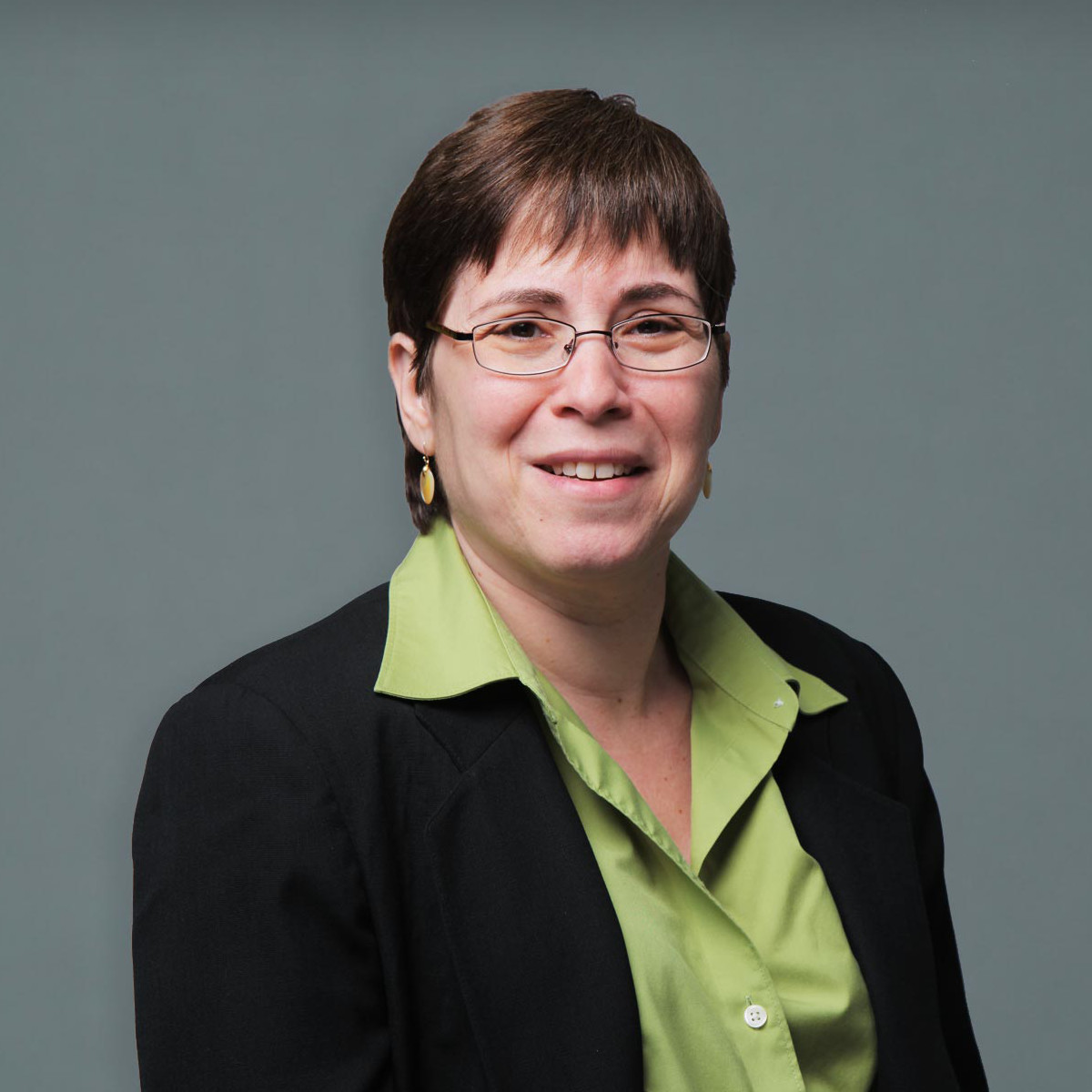
We can help you find a Hassenfeld Children’s Hospital doctor.
Call 646-929-7970
or
browse our specialists.